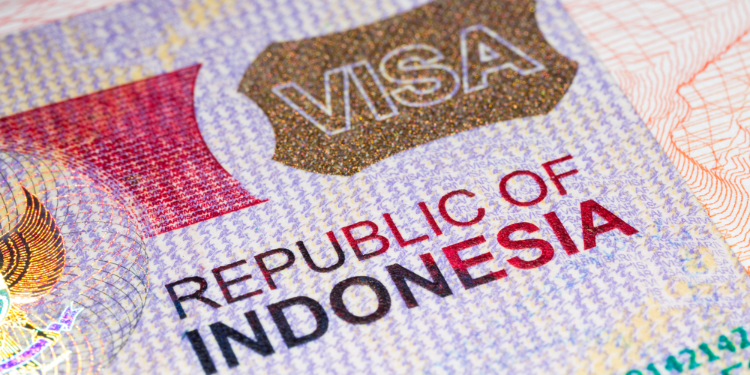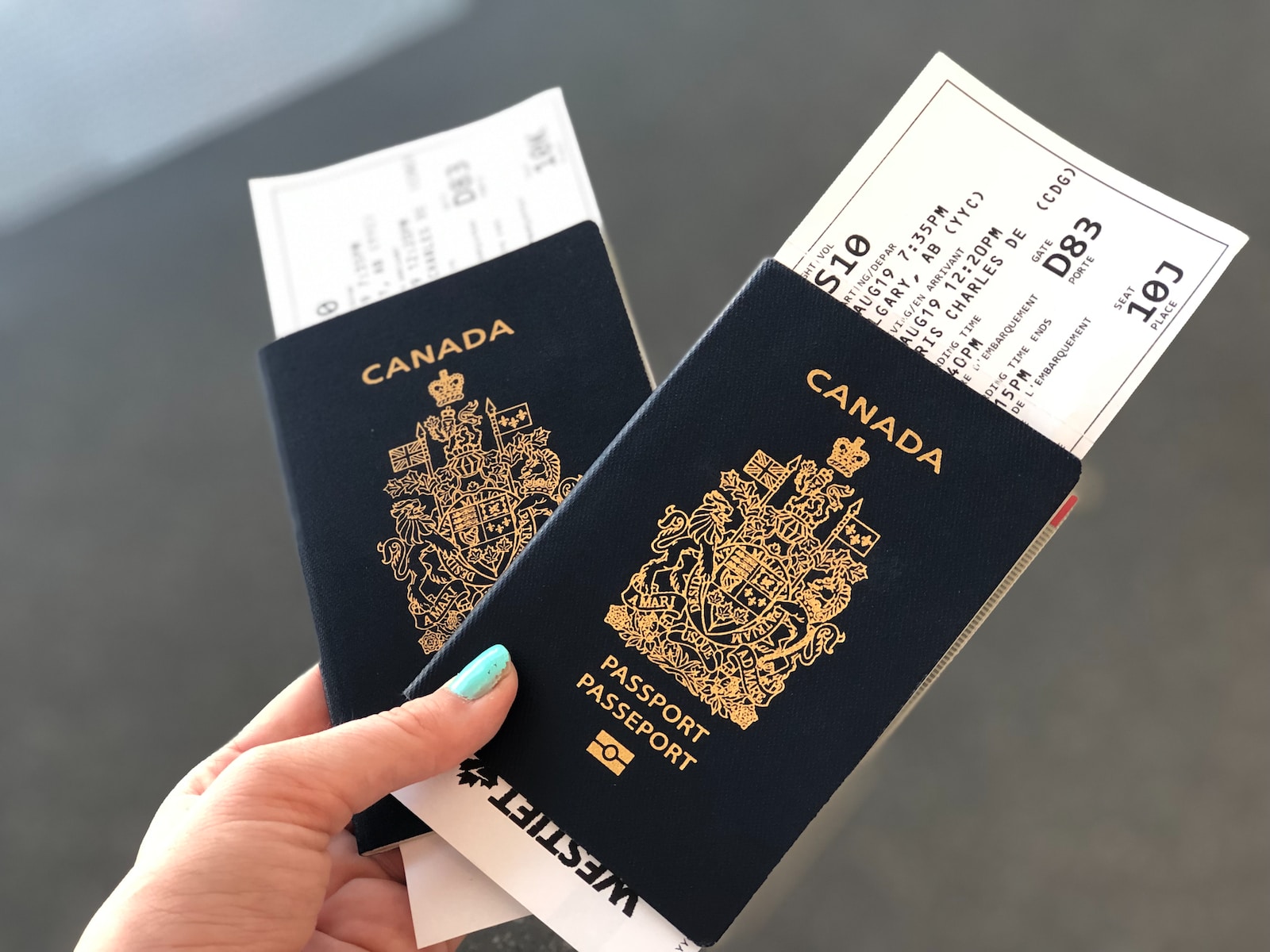| Table 1: Outline of the Article |
|---|
| 1. Introduction |
| 2. Understanding the Australian Job Market |
| 2.1. Economic Overview |
| 2.2. Employment Opportunities |
| 3. Researching Job Opportunities |
| 3.1. Job Portals |
| 3.2. Professional Networking |
| 3.3. Company Websites |
| 4. Tailoring Your Resume and Cover Letter |
| 4.1. Formatting and Structure |
| 4.2. Highlighting Relevant Skills |
| 4.3. Showcasing Australian Experience |
| 5. Navigating the Job Application Process |
| 5.1. Application Submission |
| 5.2. Interview Preparation |
| 5.3. Following Up |
| 6. Understanding the Visa Process |
| 6.1. Visa Options |
| 6.2. Sponsorship and Migration Agents |
| 7. Adjusting to the Australian Workplace |
| 7.1. Cultural Differences |
| 7.2. Workplace Etiquette |
| 8. Conclusion |
| 9. FAQs |
Table 2: Article
How to Get Started With Finding Jobs in Australia
Are you considering finding a job in Australia? With its thriving economy and diverse range of industries, Australia offers numerous employment opportunities for both locals and international professionals. However, navigating the job market in a new country can be challenging. In this article, we will guide you on how to get started with finding jobs in Australia, providing valuable insights and practical tips to help you kick-start your career Down Under.
1. Introduction
Finding a job in a new country can be both exciting and daunting. Understanding the Australian job market and its unique dynamics is crucial to increase your chances of success. This guide will walk you through the essential steps to find employment in Australia, from researching job opportunities to adjusting to the Australian workplace.
2. Understanding the Australian Job Market
Before embarking on your job search journey, it’s essential to gain a solid understanding of the Australian job market. Familiarize yourself with the economic landscape and the employment opportunities available.
2.1. Economic Overview
Australia has a robust and diverse economy, driven by various sectors such as mining, healthcare, technology, finance, and tourism. Researching the current economic trends and identifying the industries with high growth potential can help you focus your job search efforts.
2.2. Employment Opportunities
Australia offers a wide range of employment opportunities, including full-time, part-time, casual, and contract roles. It’s important to determine the type of work you are seeking and explore the industries and companies that align with your skills and interests.
3. Researching Job Opportunities
To find suitable job openings, you need to explore various resources and platforms that advertise available positions in Australia.
3.1. Job Portals
Online job portals such as Seek, Indeed, and LinkedIn are popular platforms for job seekers in Australia. Create a compelling profile, upload your updated resume, and use the search filters to find relevant job listings. Tailor your search based on location, industry, experience level, and job type to refine the results.
3.2. Professional Networking
Networking plays a vital role in job searching. Connect with professionals in your industry through networking events, industry-specific groups, and social media platforms. Attend career fairs and join professional associations to expand your network and uncover hidden job opportunities.
3.3. Company Websites
To maximize your job search efforts, don’t forget to visit company websites directly. Many companies in Australia advertise their job openings on their websites, providing detailed information about the positions and the application process. Make a list of companies you’re interested in working for and regularly check their career pages for new job postings.
4. Tailoring Your Resume and Cover Letter
Crafting a compelling resume and cover letter is crucial to make a positive impression on potential employers. Customize your application materials to align with Australian standards and emphasize your relevant skills and experience.
4.1. Formatting and Structure
Ensure your resume follows a clear and professional format. Use reverse chronological order to highlight your most recent work experience, and include sections such as personal details, professional summary, work history, education, and skills. Keep the resume concise and easy to read, using bullet points to showcase your achievements and responsibilities.
4.2. Highlighting Relevant Skills
Tailor your resume to match the requirements of the job you’re applying for. Carefully review the job description and identify the key skills and qualifications sought by employers. Highlight your relevant skills and experiences in your resume and provide concrete examples of how you’ve successfully utilized them in previous roles.
4.3. Showcasing Australian Experience
If you have previous work experience in Australia or have acquired Australian qualifications, be sure to highlight these in your resume and cover letter. Australian employers value local experience and familiarity with the local work culture, so make sure to emphasize any relevant Australian work experience or qualifications you possess.
5. Navigating the Job Application Process
Once you’ve found suitable job opportunities, it’s time to navigate the job application process. Understanding the steps involved and preparing adequately will increase your chances of securing an interview.
5.1. Application Submission
Carefully review the application instructions provided by the employer and submit your application by the specified deadline. Double-check your resume and cover letter for any errors or inconsistencies. It’s also advisable to write a concise and well-crafted email or message when submitting your application online.
5.2. Interview Preparation
If your application is shortlisted, you may be invited for an interview. Prepare for the interview by researching the company, understanding the role, and practicing common interview questions. Showcase your enthusiasm, highlight your skills and experiences, and demonstrate how you can contribute to the organization.
5.3. Following Up
After the interview, it’s essential to follow up with a thank-you email or message expressing your appreciation for the opportunity to interview. This gesture demonstrates your professionalism and continued interest in the position. It also provides an opportunity to address any additional questions or concerns that may have arisen during the interview.
6. Understanding the Visa Process
If you’re an international professional seeking employment in Australia, it’s crucial to familiarize yourself with the visa process and requirements.
6.1. Visa Options
Australia offers various visa options for skilled professionals, including the Skilled Independent Visa (subclass 189), Employer Nomination Scheme (subclass 186), and Temporary Skill Shortage Visa (subclass 482). Research the different visa pathways and identify the one that aligns with your skills, qualifications, and long-term career goals.
6.2. Sponsorship and Migration Agents
Navigating the visa process can be complex. Consider seeking assistance from registered migration agents or immigration lawyers who can provide guidance and support throughout the visa application process. They can help you understand the requirements, gather the necessary documentation, and navigate any challenges that may arise.
7. Adjusting to the Australian Workplace
Once you secure a job in Australia, it’s important to familiarize yourself with the local work culture and adapt to your new work environment.
7.1. Cultural Differences
Australia has a unique work culture influenced by its diverse population and laid-back lifestyle. Take the time to understand the cultural norms and expectations in the Australian workplace. Australians value teamwork, open communication, and a work-life balance. Embrace these values and be respectful of colleagues from different cultural backgrounds.
7.2. Workplace Etiquette
Familiarize yourself with workplace etiquette in Australia to ensure smooth integration into your new job. Arrive on time, dress appropriately, and maintain professionalism in your interactions. Respect hierarchies but also encourage open dialogue and collaboration. Be proactive, show initiative, and be willing to learn from your colleagues.
8. Conclusion
Finding jobs in Australia can be a rewarding experience with the right knowledge and approach. By understanding the Australian job market, conducting thorough research, tailoring your application materials, and navigating the job application process, you can increase your chances of securing employment in this thriving country. Additionally, familiarizing yourself with the visa process and adjusting to the Australian workplace will contribute to your long-term success and career growth.
Remember to stay persistent, be proactive in your job search, and make use of various resources available to you. With determination, preparation, and a positive mindset, you can embark on a successful career journey in Australia.
9. FAQs
Q1. Is it necessary to have local work experience to find a job in Australia?
A1. While having local work experience can be advantageous, it’s not always a prerequisite for finding a job in Australia. Focus on highlighting your relevant skills, qualifications, and achievements that align with the job requirements. Showcase your adaptability and eagerness to contribute to the Australian workplace.
Q2. How long does the job application process typically take in Australia?
A2. The duration of the job application process can vary depending on various factors such as the industry, the organization’s recruitment timeline, and the number of applicants. It’s advisable to be patient and proactive during the process. Follow up appropriately, but avoid being overly persistent or impatient.
Q3. Are there any specific industries that have a high demand for skilled professionals in Australia?
A3. Yes, several industries in Australia have a high demand for skilled professionals. These include healthcare, information technology, engineering, construction, education, and finance. However, it’s important to research and assess the current job market trends and opportunities in your specific field.
Q4. What are some networking opportunities for job seekers in Australia?
A4. Job seekers in Australia can explore various networking opportunities such as attending industry conferences, joining professional associations, participating in networking events, and utilizing online platforms like LinkedIn. Additionally, consider reaching out to recruitment agencies and attending career fairs to expand your professional network.
Q5. How can I improve my chances of obtaining a work visa for Australia?
A5. Improving your chances of obtaining a work visa for Australia involves carefully assessing your eligibility, understanding the visa requirements, and seeking professional advice from registered migration agents or immigration lawyers. Ensure you gather all the necessary documentation, meet the skill and character requirements, and submit a comprehensive visa application.











